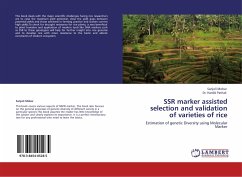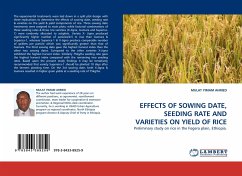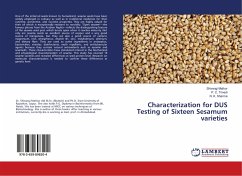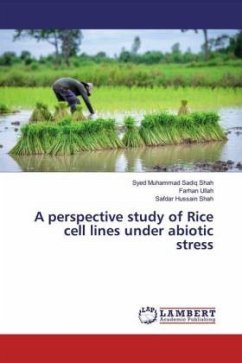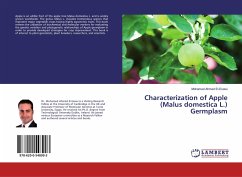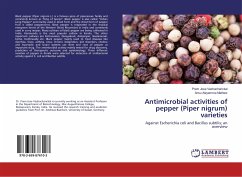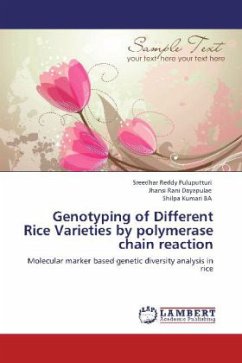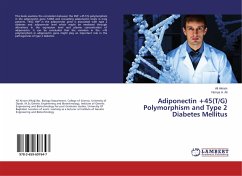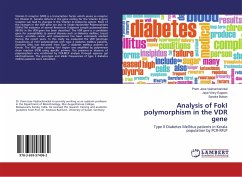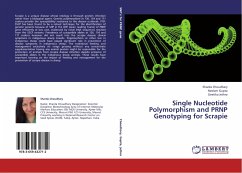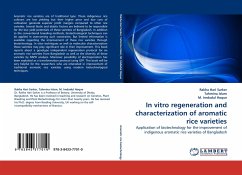
In vitro regeneration and characterization of aromatic rice varieties
Application of biotechnology for the improvement of indigenous aromatic rice varieties of Bangladesh
Versandkostenfrei!
Versandfertig in 6-10 Tagen
32,99 €
inkl. MwSt.

PAYBACK Punkte
16 °P sammeln!
Aromatic rice varieties are of traditional type. These indigenous rice cultivars are low yielding but their higher price and low cost of cultivation generate superior profit margins compared to other rice varieties. Several biotic and abiotic factors are believed to be responsible for the low yield potentials of these varieties of Bangladesh. In addition to the conventional breeding methods, biotechnological techniques can be applied in overcoming such constraints. But limited information is available regarding the improvement of these rice varieties through biotechnology. In vitro techniques ...
Aromatic rice varieties are of traditional type. These indigenous rice cultivars are low yielding but their higher price and low cost of cultivation generate superior profit margins compared to other rice varieties. Several biotic and abiotic factors are believed to be responsible for the low yield potentials of these varieties of Bangladesh. In addition to the conventional breeding methods, biotechnological techniques can be applied in overcoming such constraints. But limited information is available regarding the improvement of these rice varieties through biotechnology. In vitro techniques as well as molecular characterization these varieties may play significant role in their improvement. This book reports about a genotype independent regeneration protocol for six aromatic rice varieties from Bangladesh as well as the diversity of these varieties by RAPD analysis. Moreover possibility of electroporation has been exploited as a transformation protocol using GFP. This book willbe very helpful for the researchers who are interested in improvement of traditional aromatic rice varieties using modern biotechnological techniques.



